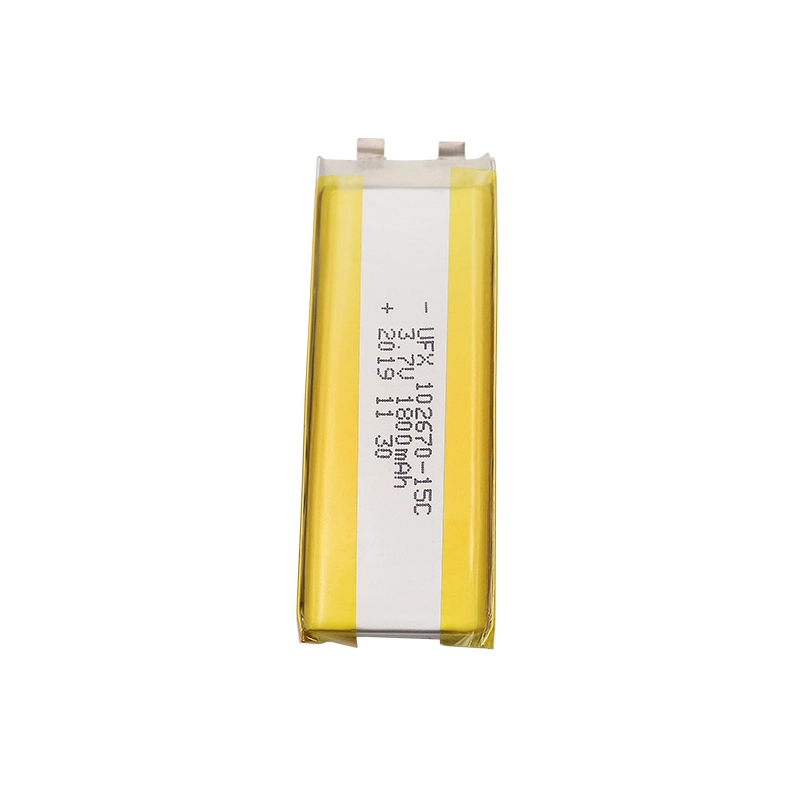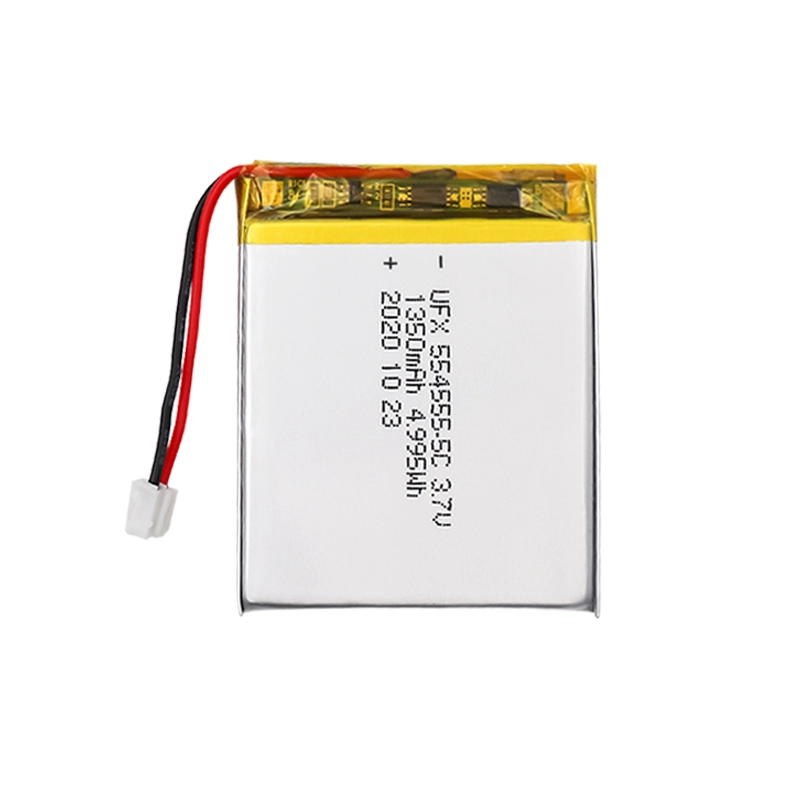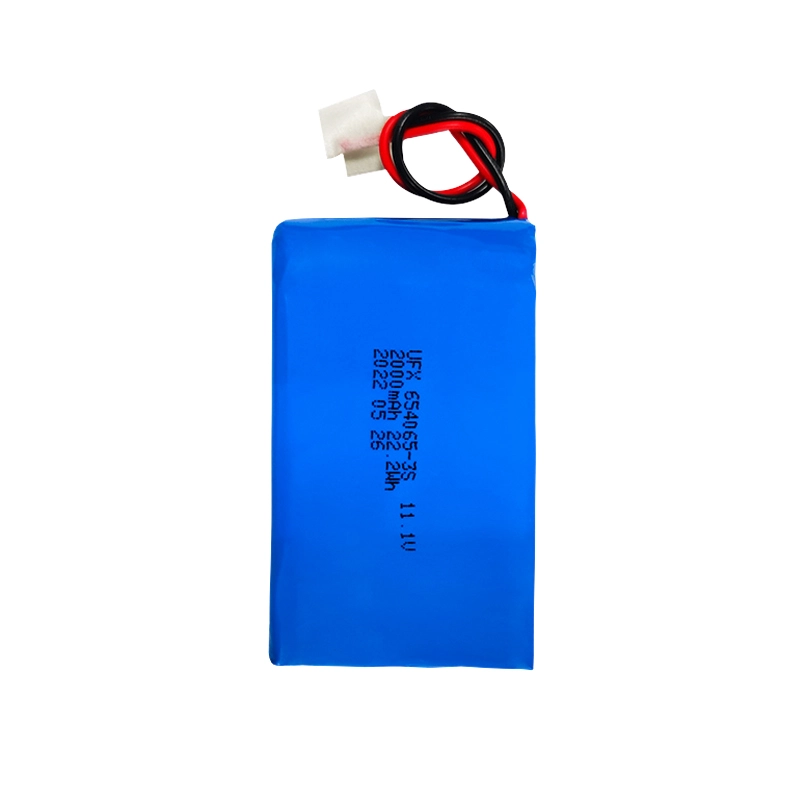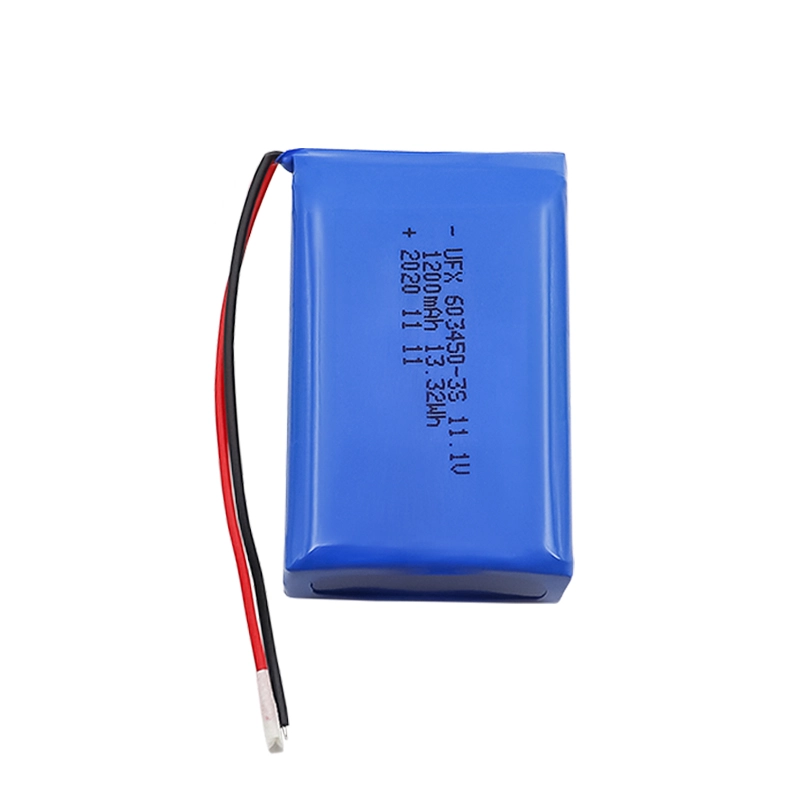
Power Up Your RC Cars With The Best Lipo Batteries
Looking to enhance the performance of your RC car? The key lies in choosing the right battery. As a leading lithium battery manufacturer, Ufine offer a wide range of customizable options for RC car enthusiasts.
What types of RC Car Battery are there?
1. Lipo Batteries (Lithium Polymer)
- Lipo batteries are widely popular in the RC car community due to their high energy density and lightweight design.
- They offer a high discharge rate, delivering consistent power and performance.
- Lipo batteries come in various configurations, such as 2s (2-cell), 3s (3-cell), 4s (4-cell), and so on, indicating the number of cells connected in series.
- They provide a good balance between power output and runtime, making them a preferred choice for high-performance RC cars.
2. NiMH Batteries (Nickel-Metal Hydride)
- NiMH batteries have been a traditional choice for RC cars and provide a more affordable option compared to lipo batteries.
- They offer a lower energy density compared to lipos, resulting in slightly less power and runtime.
- NiMH batteries are known for their ability to deliver consistent voltage throughout their discharge cycle, maintaining steady performance.
3. LiFe Batteries (Lithium Iron Phosphate)
- LiFe batteries are a relatively newer option for RC cars, providing a balance between lipo and NiMH batteries.
- They offer a higher energy density than NiMH batteries, resulting in improved power and runtime.
- LiFe batteries are known for their enhanced safety characteristics compared to lipo batteries, as they are less prone to thermal runaway or fire incidents.
Best Lipo Batteries for RC Cars
When it comes to lipo batteries for RC cars, there are several top-performing options available in the market. These batteries are known for their high power output, lightweight design, and superior performance.
When choosing the best lipo battery for your RC car, consider factors such as capacity, discharge rate, compatibility with your RC car model, and budget. It’s also essential to follow the manufacturer’s guidelines for proper usage, charging, and storage of the lipo batteries to ensure their longevity and safety.
RC Car Battery: NiMH Batteries Vs Lithium Batteries
Remote control models such as model airplanes and remote control cars generally use nickel-metal hydride batteries or lithium batteries. However, under the same capacity and volume, the discharge rate of nickel-metal hydride batteries is lower than that of lithium batteries. So lithium batteries are now the mainstream.
1. Different voltages
The voltage of lithium batteries is 3.7-4.2V, and the voltage of nickel-metal hydride batteries is only 1.2V. The capacity of one lithium battery is equivalent to three nickel-metal hydride batteries connected in series.
2. Different charging speeds
Because lithium ions are active and move faster inside the battery, the charging current is larger and the charging speed is faster. A lithium-ion battery can be fully charged in about 3 hours. The charging speed of nickel-metal hydride batteries is very slow, and it takes about 1 day to fully charge.
3. Different energy densities
Lithium-ion batteries have high energy density. Therefore, under the same volume, lithium-ion batteries have a larger capacity than nickel-metal hydride batteries.
4. Different memory effects
Lithium-ion batteries have no memory effect and can be charged as needed. Ni-MH batteries have a certain memory effect. It is best to fully discharge and charge them during daily use to avoid affecting the battery capacity.
5. The self-discharge phenomenon is different.
Although compared with nickel-cadmium batteries, the self-discharge capacity of nickel-metal hydride batteries is not large. But compared with the almost negligible self-discharge of lithium batteries, nickel-metal hydride batteries are simply the king of discharge.
How long do lipo batteries last in RC cars?
The lifespan of lipo batteries in RC cars can vary depending on several factors, including usage patterns, maintenance practices, and storage conditions. Here are some general considerations regarding the lifespan of lipo batteries in RC cars:
1. Usage Patterns: The way you use your RC car and the demands you place on the battery can affect its lifespan. Factors such as the duration and intensity of use, throttle management, and overall driving habits can impact the battery’s longevity.
2. Discharge Rate: Lipo batteries have a recommended maximum continuous discharge rate. Operating the battery consistently at or near its maximum discharge rate can put additional stress on the cells and potentially shorten their lifespan. It’s important to choose a lipo battery with an appropriate discharge rate for your RC car’s power requirements.
3. Maintenance Practices: Proper maintenance can help extend the lifespan of lipo batteries. This includes regularly balancing the cells to ensure they have an equal charge, storing the batteries at the recommended voltage level, and avoiding overcharging or over-discharging.
4. Storage Conditions: Lipo batteries should be stored in a cool and dry place, away from direct sunlight and extreme temperatures. Exposure to high temperatures can degrade the battery’s performance and shorten its lifespan. It’s also advisable to store lipo batteries at around 3.8 to 3.9 volts per cell, as storing them fully charged or fully discharged for extended periods can negatively impact their longevity.
In general, with proper care and maintenance, lipo batteries for RC cars can provide a lifespan of approximately 200-300 charge cycles. However, it’s important to note that this estimate can vary depending on the factors mentioned above. Regular monitoring, following manufacturer guidelines, and replacing batteries when necessary are essential to ensure optimal performance and safety.
High Energy Density
It stores large amounts of energy in a smaller and lighter package
Longer Cycle Life
Withstands extensive charge and discharge cycles
Low Self-Discharge
Maintains power longer when not in use
Safety
Minimizes the risk of accidents and ensures safe operation
More Information About RC Car Battery
-
How long do lithium batteries last?
-
Are lithium batteries safe?
-
What is the range of capacity and voltage for custom batteries?
-
What is the lead time for lithium battery production and delivery?
Latest Blogs
About Lithium Battery Industry News
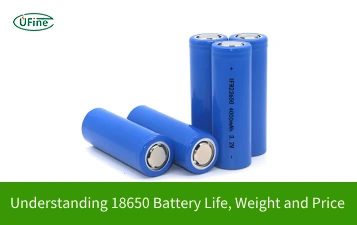
Learn About 18650 Battery Life, Weight and Price
Exploring 18650 battery life and weight, where to buy 18650 batteries, and the 18650 battery price range.
2024/04/26 Gerald
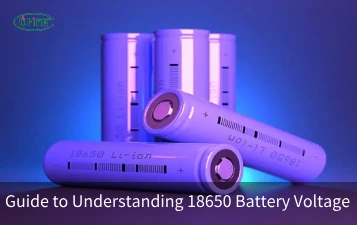
Everything You Should Know About 18650 Battery Voltage
18650 battery voltage is one of the important parameters of the 18650 battery. Knowing the 18650 battery voltage is important for protecting the 18650 battery.
2024/04/26 Gerald
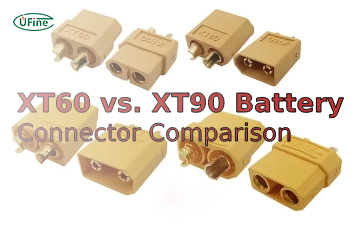
XT60 vs. XT90 Battery Connector Comparison
Choose the right battery connector for stable and reliable power connections. Compare XT60 and XT90 connectors: features, pros, cons, and applications.
2024/04/26 Henry

